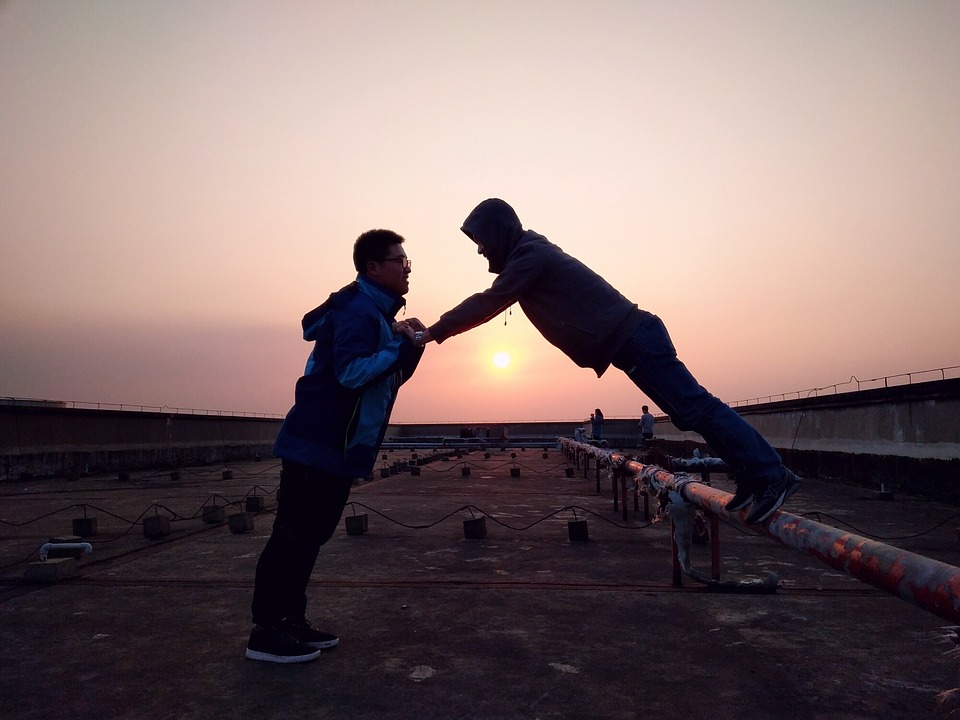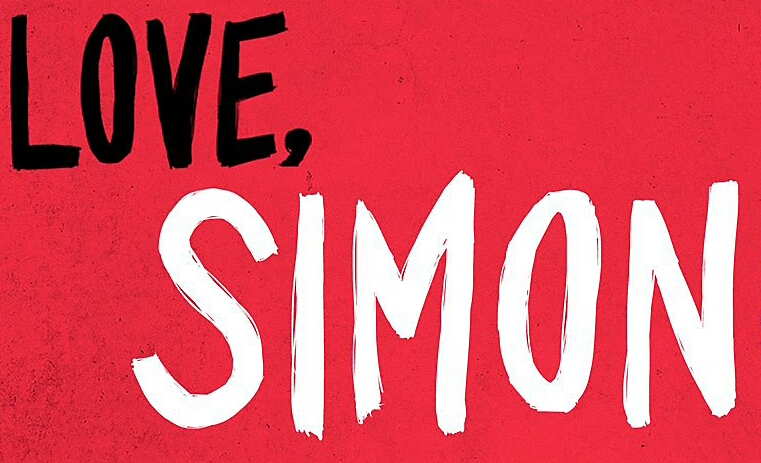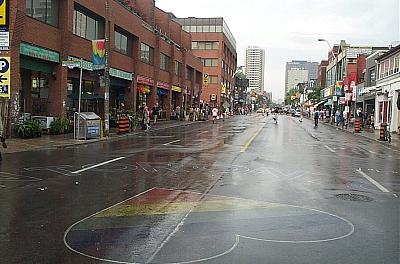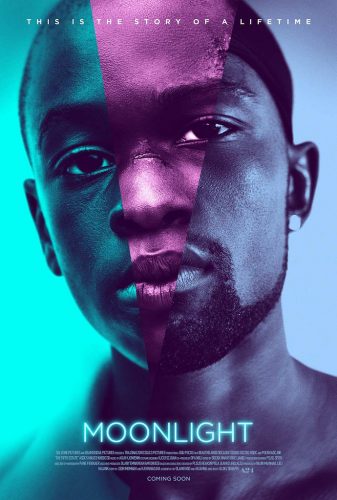
Are gays and lesbians generally accepted by North American society? The answer you are most likely to hear is, most decidedly, yes. Looking at the advances in civil rights, it would seem that the lives of gays and lesbians have much improved.
But the fact is homophobia hasn’t disappeared, it’s merely in stealth mode. Just because people don’t use the word “fag” in polite society doesn’t mean there has been a fundamental change in the human heart.
It is in media representations of gay men that the new “stealth homophobia” most clearly shows its face. Gay men are out and proud on some TV shows — the new incarnation of Queer Eye for instance. But Queer Eye still offers effeminate gay men who make us laugh when they recommend skin products or dress hair.
This year’s Oscar winner for best movie, The Shape of Water, portrayed a sympathetic older gay friend (played by Richard Jenkins) who is gentle, effeminate, and of course, sad — an archetype that has dominated American cinema since Sal Mineo’s Plato in Rebel Without a Cause.
Recently, I saw the gay rom-com film, Love, Simon in downtown Toronto. The theatre was filled with college-aged students who mostly seemed to sympathize with the leading character — a gay, closeted, high school student.
Simon (played by Nick Robinson) courts our tolerance by accentuating his normalcy, not his difference. His tagline — which he repeats again and again — is: “I’m just like you.”

That Love, Simon is being hailed as a breakthrough gay film is incredibly ironic. The Guardian recently reported that “mainstream cinema has begun to treat gay love stories like any other romance.”
The problem is that in films like Love, Simon the leading character is only deemed sympathetic when he is squeaky clean — as opposed to being complicated, real, quirky, flawed or sexual. No Fifty Shades here!
There is no nudity, no sex and very little physical proximity between the gay characters in what purports to be a gay romance. In the end, Simon finds his true love and the two boys kiss chastely on a ferris wheel. The young audience greeted this with simultaneous cheers and moans.
What is most telling about Love, Simon is a relatively minor but significant character: an effeminate student of colour, Ethan, (played by Clark Moore). Unlike Simon, he is most decidedly not like everyone else. And when he comes out, he is ridiculed by other students. He is laughed at by them — and us.
Love, Simon makes it clear why homophobia is not about to disappear any day soon.
The fear of effeminacy
This fear of effeminacy in males is a deep cultural anxiety. Of course all gay men are not effeminate, but in Western culture, male on male desire is inevitably associated with effeminacy because sex between men involves one man submitting himself to another.
Guy Hocquenghem, one of the first queer theorists, wrote about this in his 1972 book, Homosexual Desire. In the book, he quotes psychoanalyst Salvador Ferenczi, from 1915: “A man who in intercourse with men feels himself to be a woman…and this not only in genital intercourse, but in all relations of life.”
Why is it so horrifying that a man might act or feel like a woman?
Historian Linda Dowling traces this distrust of effeminate men through Greek and Roman times until its full flowering during the 19th century. She explains that effeminate men were considered idle and irresponsible in the public sphere, thus signalling decadence and danger for society’s institutions.
The effeminatus was deemed socially irresponsible because he was suspected not to carry out his procreative and martial responsibilities. She wrote: “the issue of sterility…had always been central to the symbolism of effeminacy and effeminatus,” and also the effeminatus is judged “incapable of discharging the martial obligation to the polis.”
But we’ve arrived
To be sure, we have made civil rights advances in gay rights since those days, and rapidly since 1969.
In 1969, Pierre Trudeau, then Canada’s minister of justice, famously stated: “There’s no place for the state in the bedrooms of the nation”. The same year, Canada introduced the Criminal Law Amendment Act legalizing same sex acts between consenting adults in private.

Four years later in 1973 the first Gay Pride events began to pop up across Canada. The City of Toronto officially recognized Pride Day in Toronto around 1981 — the same time that the police Bath House Raids in Toronto galvanized support for the gay and lesbian community. Same sex marriage was legalized in Canada by the Civil Marriage Act in 2005.
The advances are not only in civil rights. During the 1980s HIV and AIDs was a public health crisis for the gay community. Gay men blamed homophobic lawmakers for their lack of support for research and treatment.
But by the mid-1990s American immunologist Dr. David Ho introduced triple therapy retrovirals — commonly known as the “AIDS cocktail” — which effectively transformed AIDs/HIV from a killer syndrome into a chronic illness. Today the Ontario government subsidizes the cost of pre-exposure prophylactic drug PrEP, which when taken properly, is confirmed as being 99 per cent effective in preventing infection from HIV.
And finally, images of gay and lesbian couples are everywhere these days — or at least it seems that way. TD Bank has featured loving gay and lesbian couples in its advertising campaigns — along with Tide, Red Rose Tea and McDonald’s. Everyone just loves Ru Paul’s Drag Race. A gay movie, Call Me By Your Name, recently took home an Oscar this year, following the tradition set by Moonlight last year.
Wow, I guess we’ve arrived, haven’t we?

Stealth homophobia
Despite this progress and the legalization of gay marriage in many countries, toleration of diverse sexualities is pretty much confined to large western cities. One need only step gingerly out of the politically correct downtown Toronto bubble to feel the chill.
Within the province of Ontario, Doug Ford — who some think may be the next premier of Ontario — opposes the new sex education curriculum due in part to the inclusion of gender identity.
That’s just in Ontario; try being openly gay or lesbian in Jamaica, Russia, Uganda, Lithuania or Zanzibar. It may be just a matter of keeping your identity quiet in places like these. But in Syria, your punishment might entail being blindfolded and thrown from a tall building.
And though in North America AIDS has become a manageable illness, Toronto’s AIDS ACTION NOW reminds us that “in Canada, individuals are being charged and prosecuted for not disclosing their HIV status, irrespective of the possibility of transmission or whether transmission occurs…. Canada (Ontario in particular) is a world leader in unjustly criminalizing people with HIV.”

AIDS ACTION NOW quotes federal Minister of Justice Jody Wilson-Raybould: “[T]he over-criminalization of HIV nondisclosure discourages many individuals from being tested and seeking treatment, and further stigmatizes those living with HIV or AIDS.” Homophobia still deeply affects people living with HIV.
You might say that fear of the “effeminatus” are antique. But as critical theorist David Halperin reminds us, inside the modern association of homosexuality with femininity we can see “the force with which earlier pre-homosexual sexual categories continue to exert their authority.”
Homophobia has been around for a long time. And sadly, such deep seated cultural prejudices are not easily challenged by reason.
One might ask, will media producers ever get it? What depictions of gay men are suitable or “correct”? It’s important to remember that art and entertainment are merely barometers of culture; they can only offer us a clue to the zeitgeist.
Making “rules” or “quotas” for representation will change nothing. It is only when our society values men who are gentle, effeminate and passive over men who are strong, masculine and aggressive that there will be a sea change.
![]() I, for one, will not be holding my breath.
I, for one, will not be holding my breath.